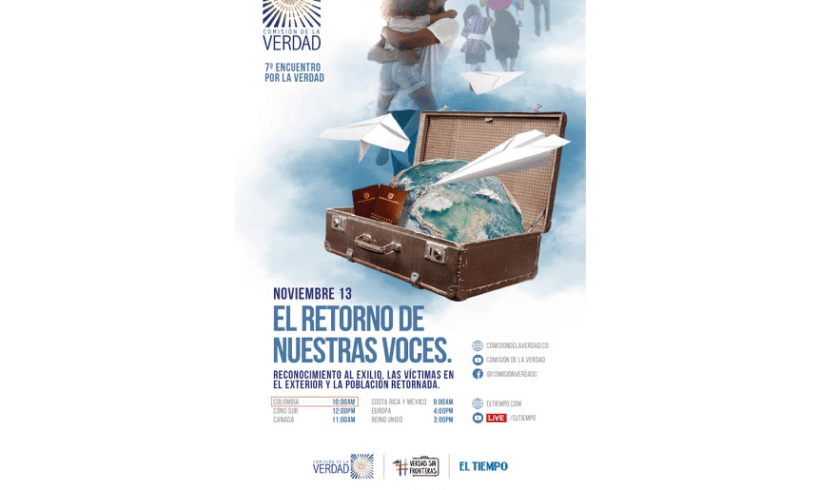The following statement was made Lord Alderdice, Lord Browne of Ladyton and Baroness Coussins for the VII Encuentro por la...
Category: News
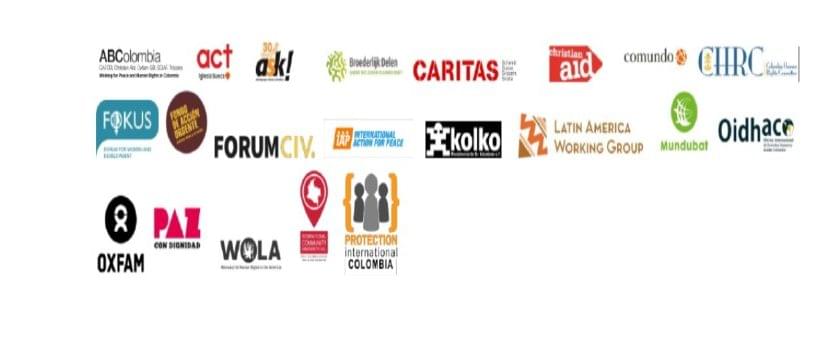
International Civil Society Organisations Reject Stigmatising Claims against the Humanitarian Caravan to Cañyón del Micay in Argelia, Cauca department
5 November 2020 The international civil society organisations signed onto this statement denounce and warn of the life-threatening risks against...
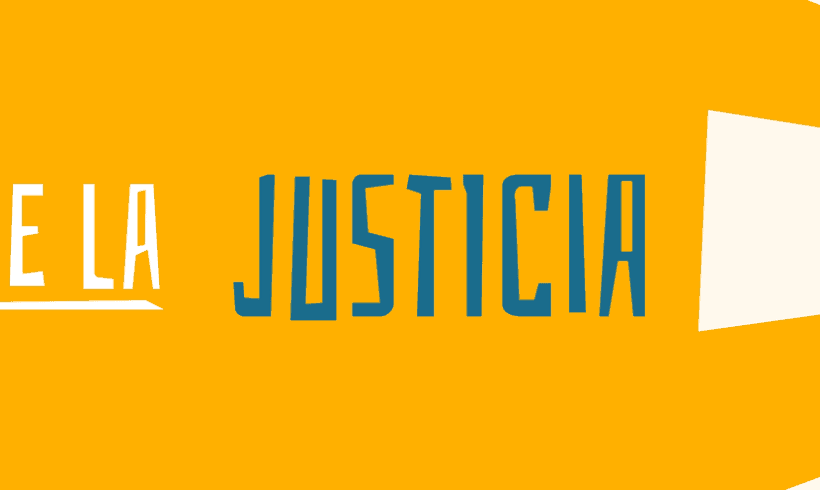
Independence of the Colombian Judiciary at Risk
International and Colombian Civil Society Organisations issued a joint statement expressing their profound concerns regarding the threat to judicial independence...
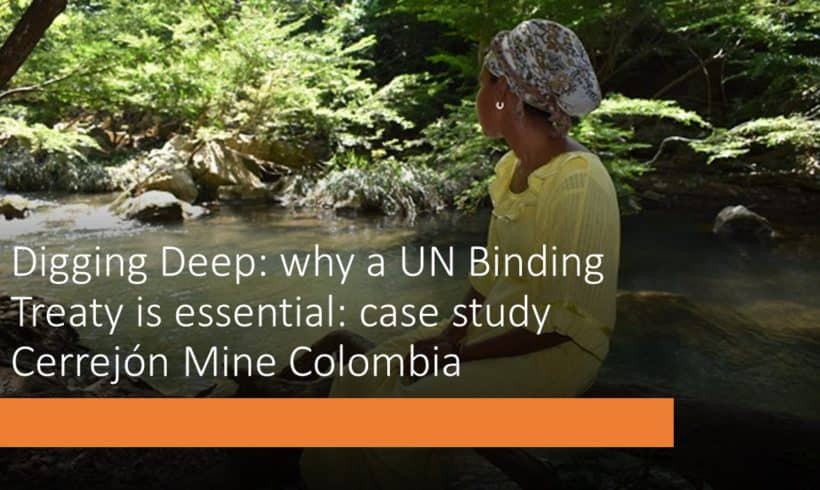
Digging Deep: Mining in Colombia & the urgent need for a UN Binding Treaty
Virtual Side Event: To mark the 6th Session of the open-ended intergovernmental working group on transnational corporations and other business...
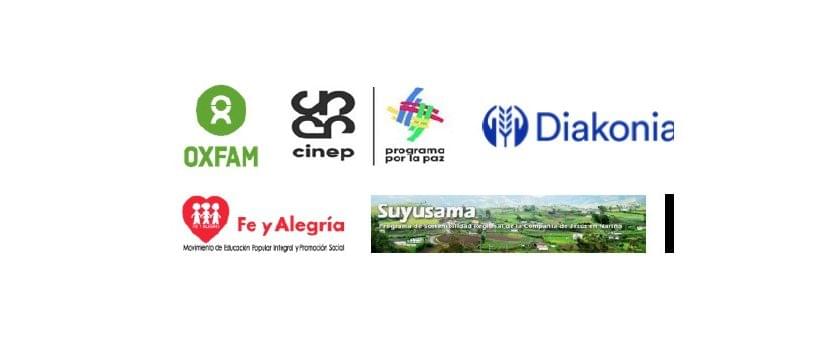
Indigenous, Afro-Colombian and Peasant Farmers call on President of Colombia to Dialogue
This is an unofficial translation of the Public Statement you can find if you click on the PDF button above....
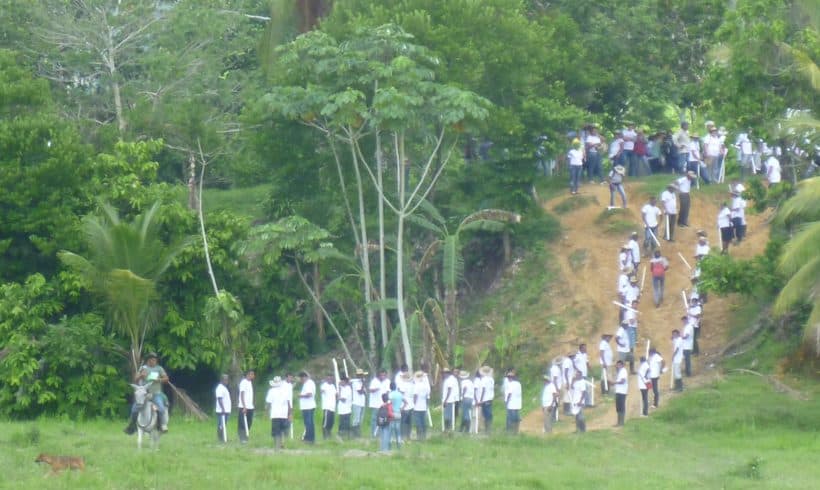
Colombian Government must guarantee safety of Indigenous Minga on 10 October 2020
On 8 October 2020, ABColombia together with the other international organisations attending the Oidhaco General Assembly, signed a public declaration...
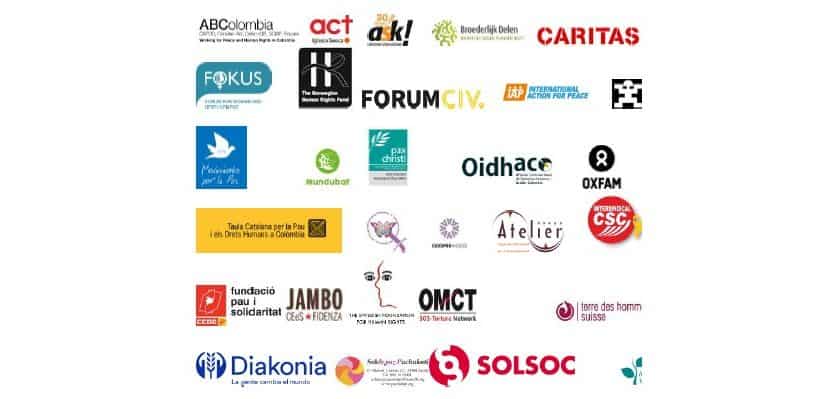
International civil society organisations reject the excessive use of firearms and police abuse
21 September 2020. The Cooperation Space for Peace (ECP), the International Office for Human Rights – Action Colombia (Oidhaco), and...

UN expert calls for halt to mining at Carbones de Cerrejon’s controversial Colombia site
UN expert David R. Boyd UN Special Rapporteur on human rights and the environment calls for halt to mining at Carbones de Cerrejon...
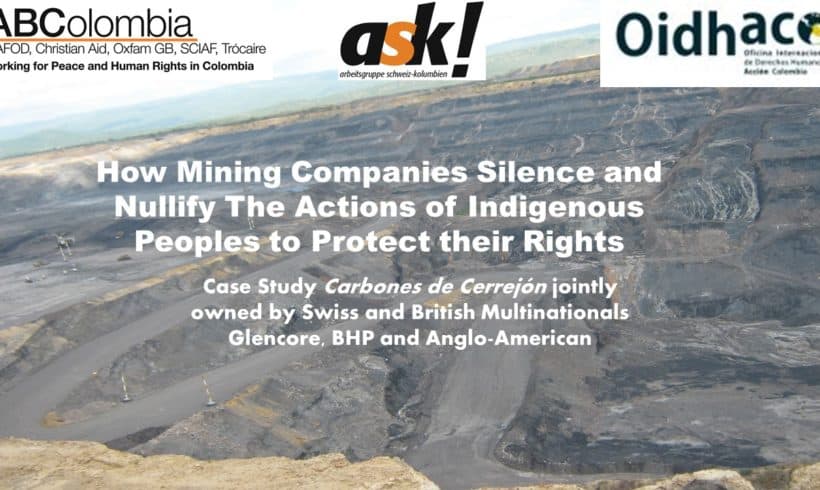
Take Action following event on How Mining Companies Silence Indigenous Peoples
Write to your MP On 24 September 2020 in the event How do Mining Companies Silence and Nullify the Actions...
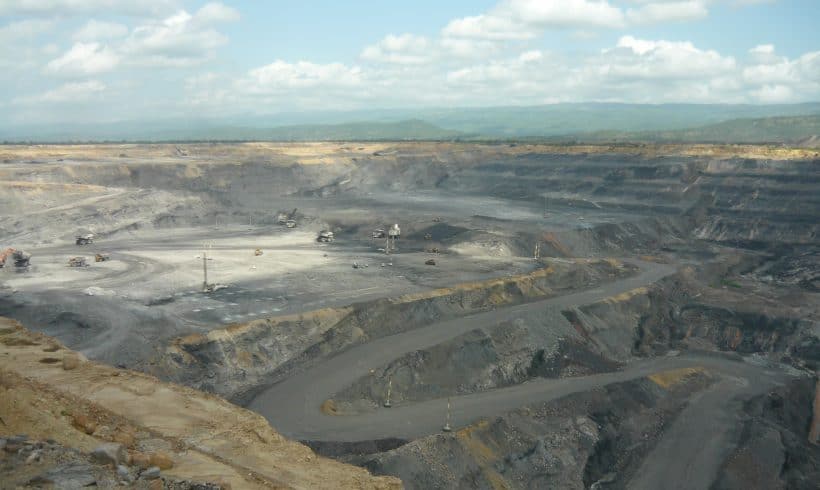
ABColombia profound concerns regarding Cerrejon’s lack of compliance with Court Rulings.
ABColombia and CINEP’s reply (7 August 2020) to letter from Cerrejon’s letter (5 June 2020). This letter outlines our grave...

